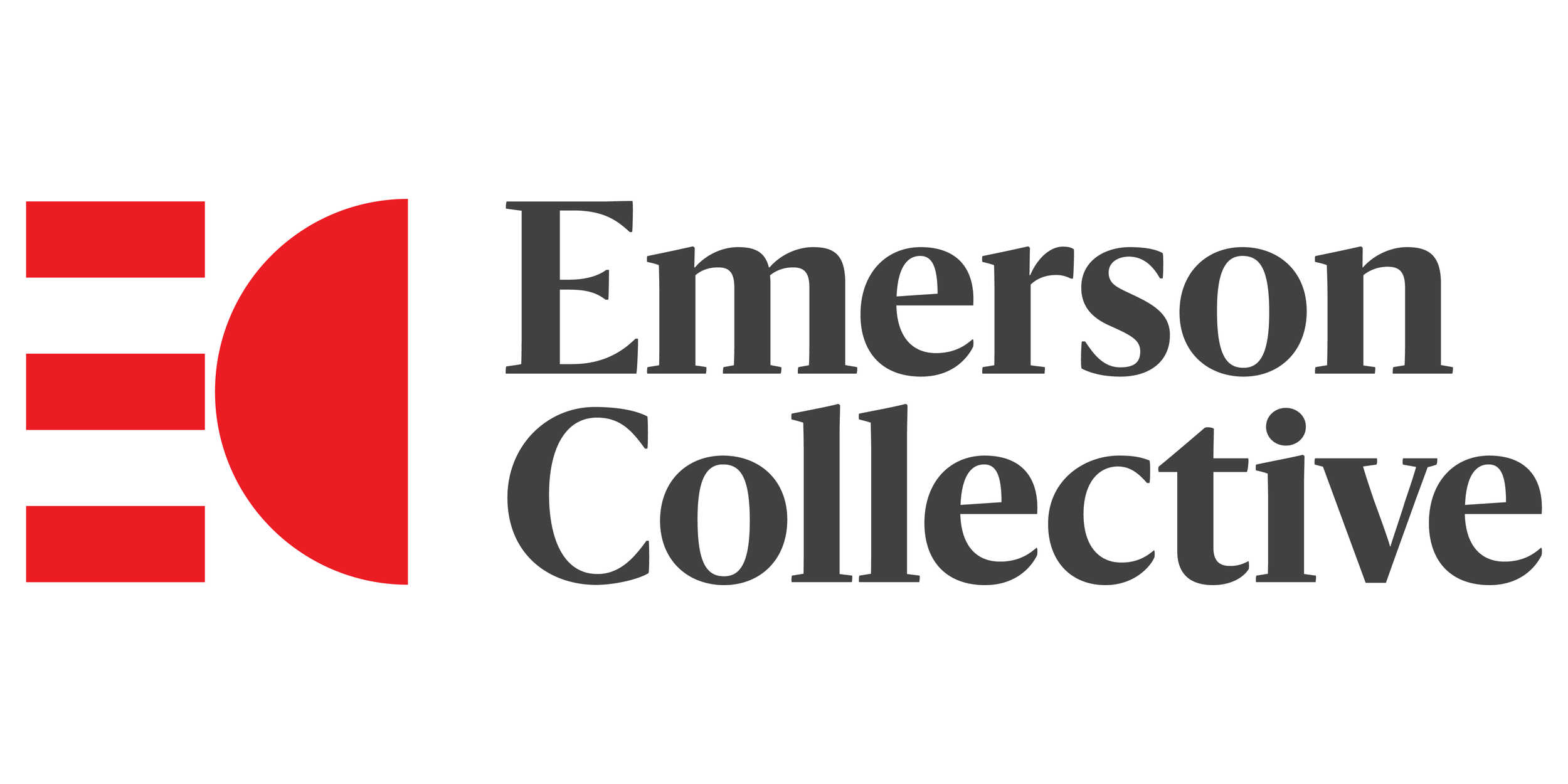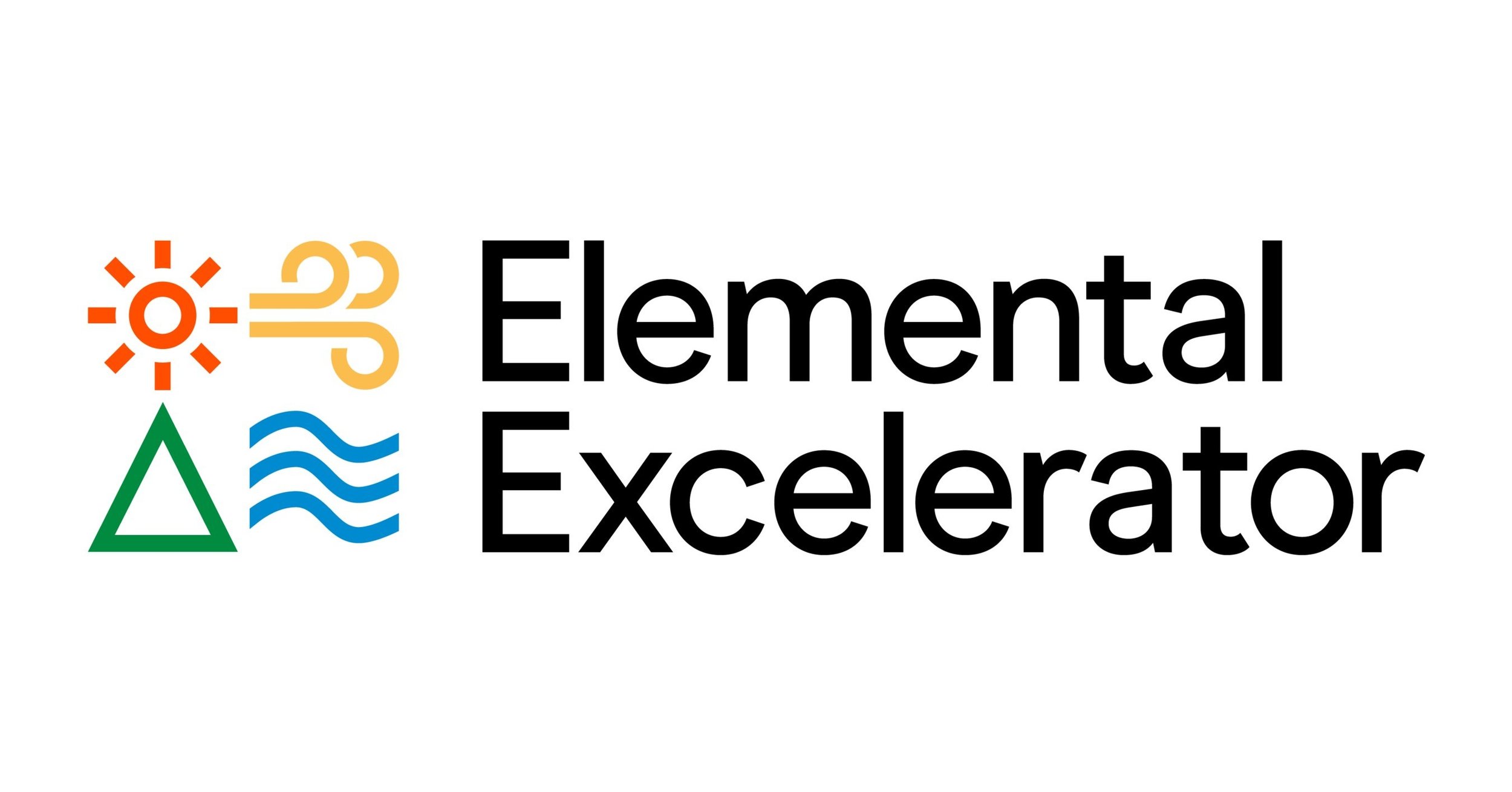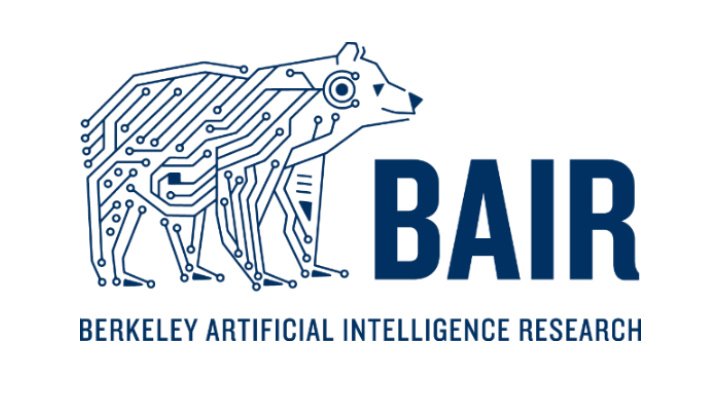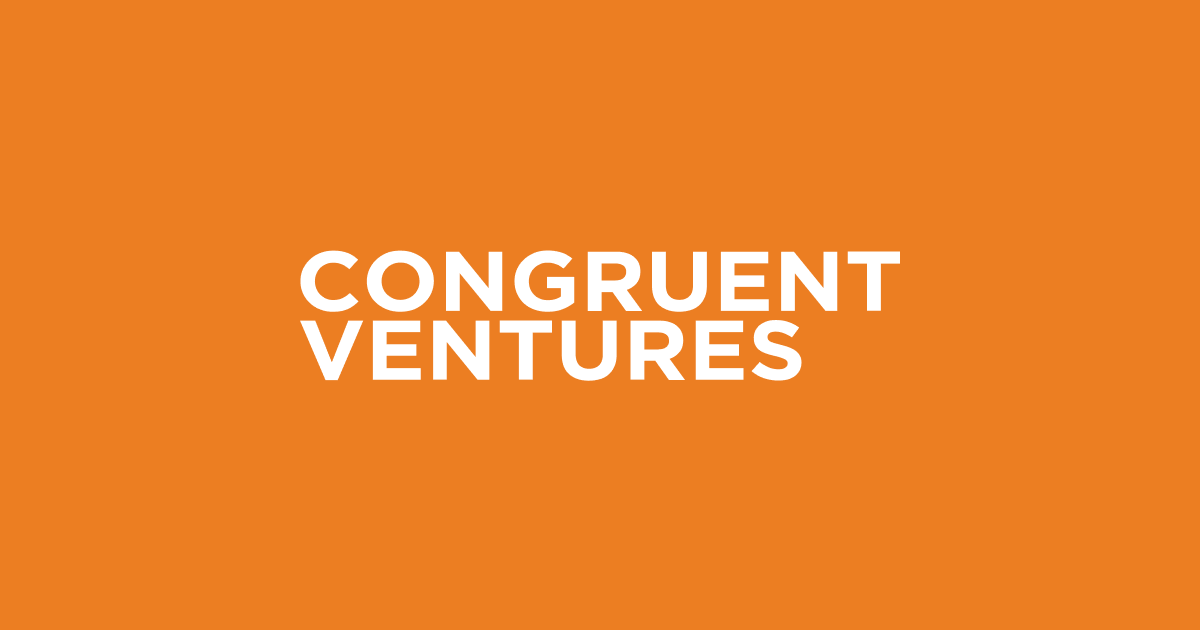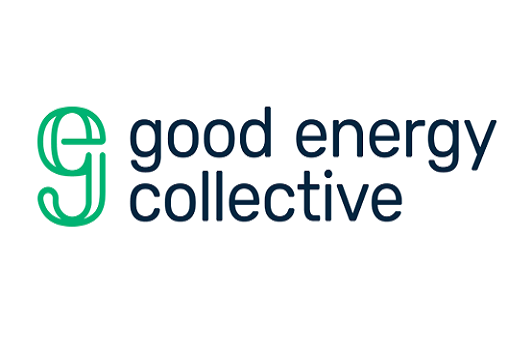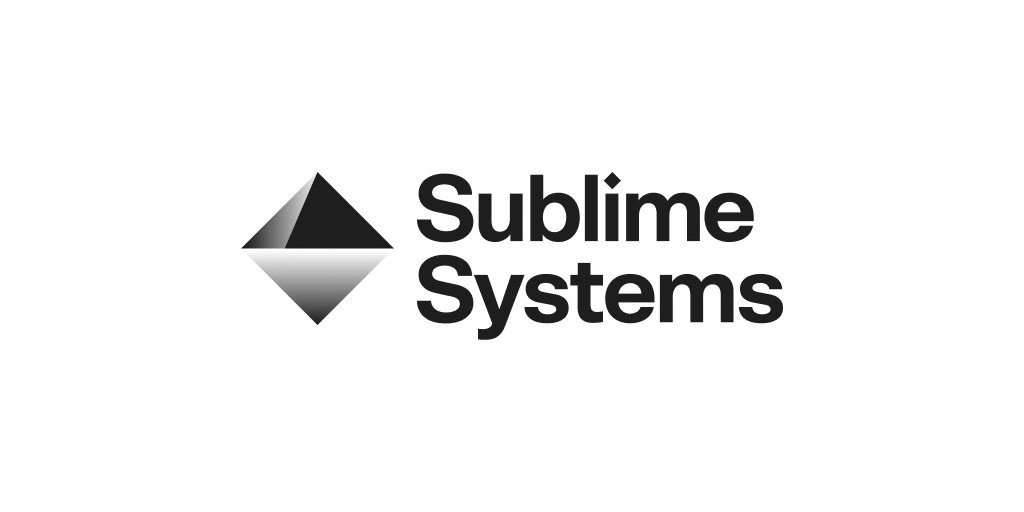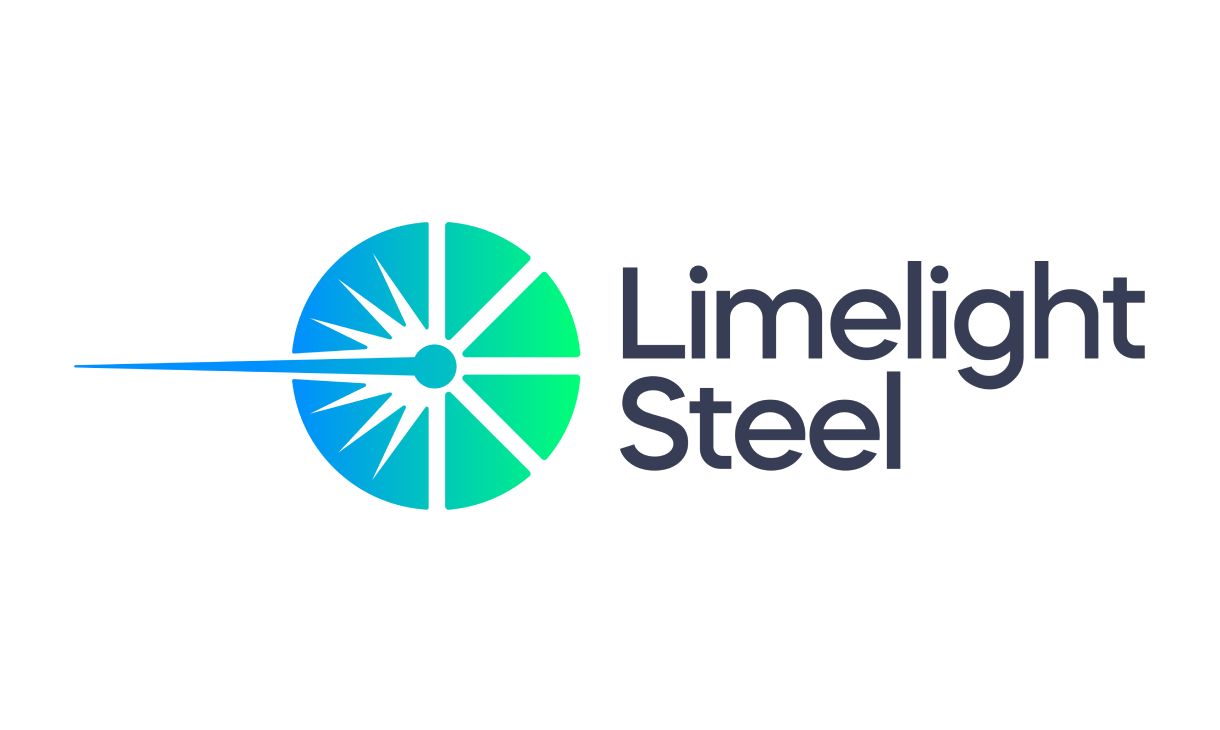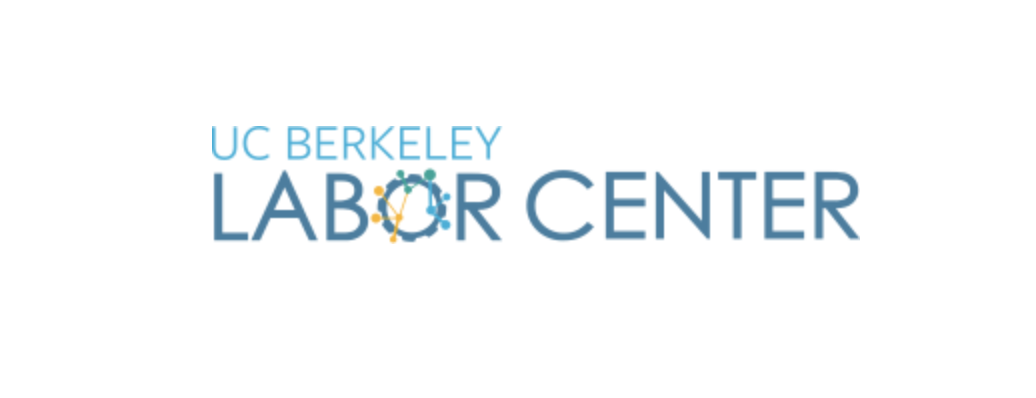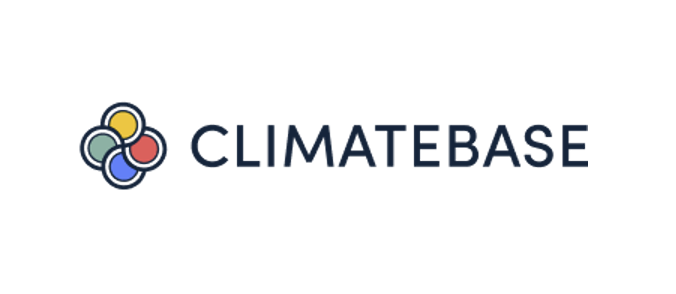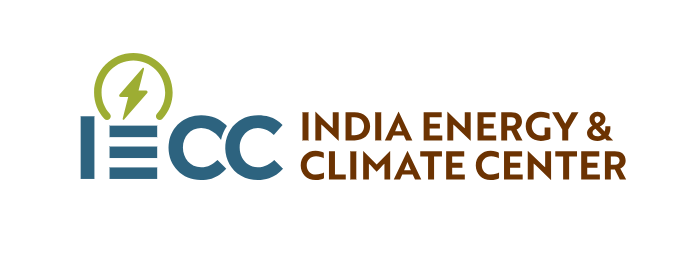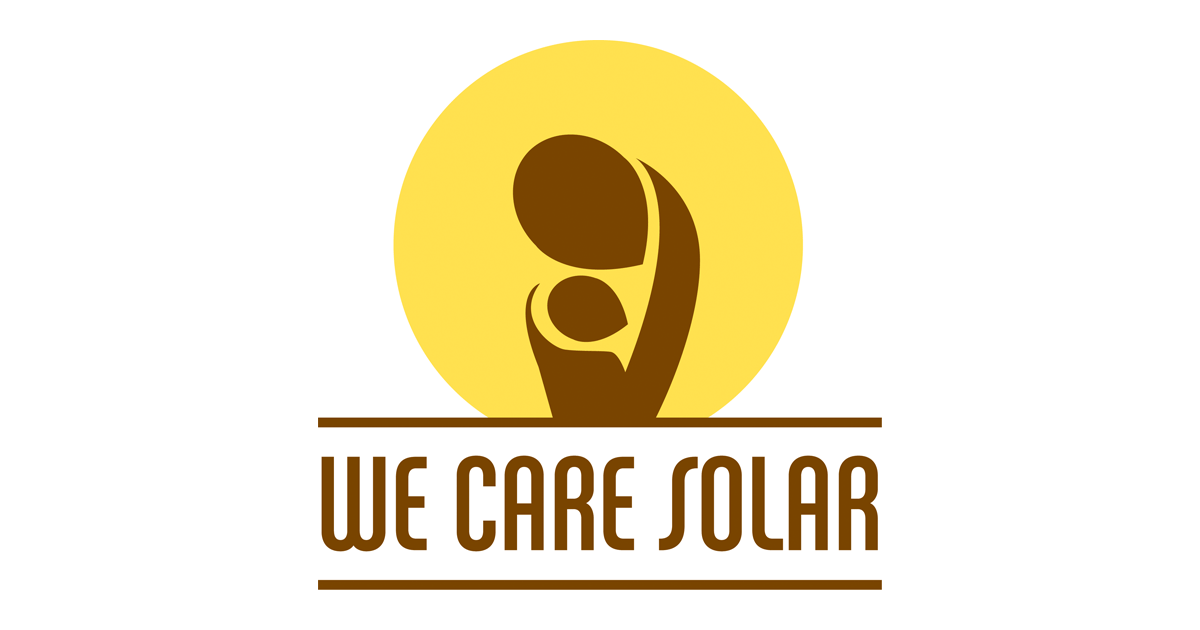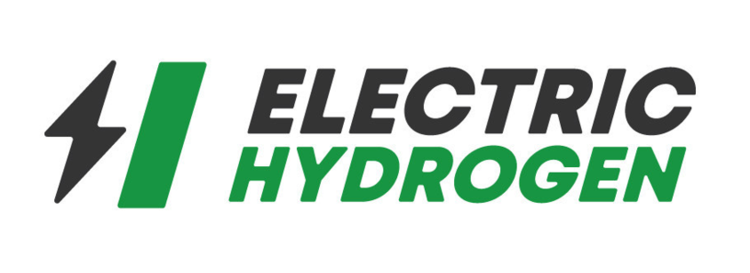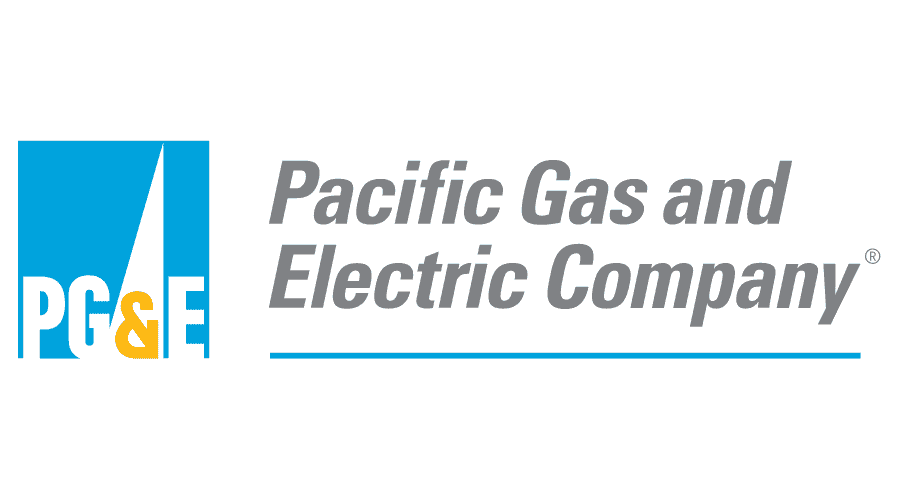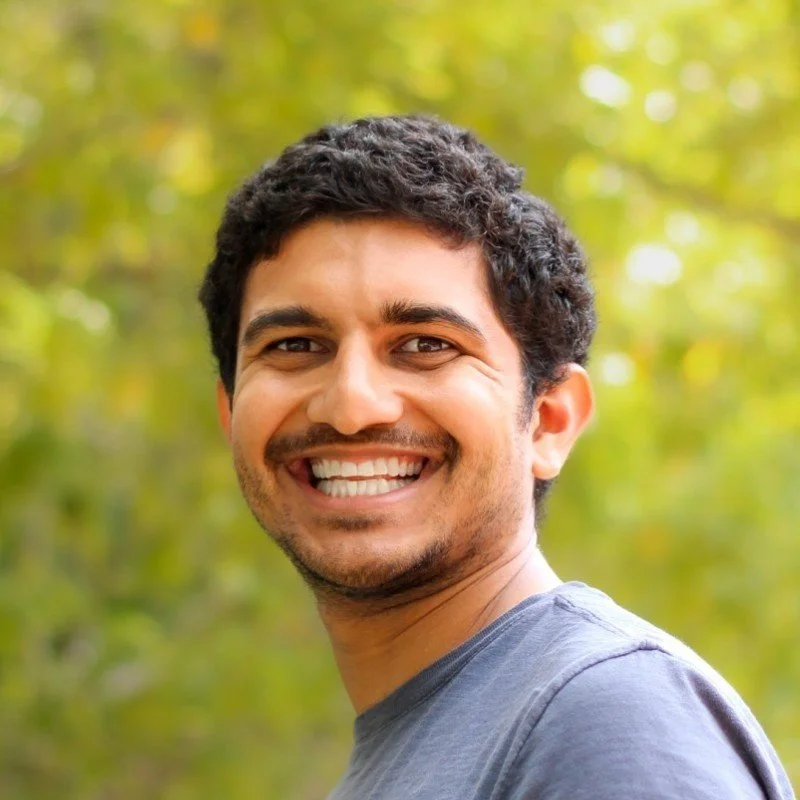Speakers from companies and organizations including…
9:30am Panel: 18 Months of the Inflation Reduction Act: The Strengths and Shortcomings
Join us as we reflect on the impact and effectiveness of this landmark federal climate law, 18 months after its establishment. The 2022 Inflation Reduction Act (IRA) allocated nearly $400 billion to address the urgent challenge of climate change, aiming to steer the United States towards achieving net-zero carbon emissions. Our panel will scrutinize the crucial question: Will the IRA's provisions be sufficient to avert the most devastating consequences of global warming and propel the U.S. towards a net-zero emissions future?
10:45am Panel 1: The Future of Climate Investment
As we strive to transition to a low-carbon economy, funding the technologies that can enable this transition is critical. This panel will bring together leading experts focused on different areas of the climate capital stack (e.g., venture, grants, project financing) to explore the latest trends, opportunities, and challenges in deploying and unlocking access to capital for climate tech companies.
Kristina Shih
Partner at Segue Sustainable Infrastructure
10:45am Panel 2: AI in The Energy Transition
Explore the dynamic role of AI in expediting the energy transition. Our panel will delve into cutting-edge AI strategies that enhance renewable integration, optimize efficiency, and spearhead sustainable solutions. Join us to unlock AI's potential in propelling us towards a cleaner, more resilient energy future
Christian Borgs
Professor in the EECS Department at UC Berkeley and Director of the Bakar Institute of Digital Materials for the Planet (BIDMaP)
11:30am Keynote: To be announced shortly
12:15pm Lunch: Grégoire Restaurant
1:15pm Panel 1: Nuclear Energy: Now or Never
This panel will explore the intersection of cutting-edge nuclear technology, its economic implications, and the vital security considerations. It will delve into the latest advancements in reactor designs, safety measures, and the economic viability of nuclear energy, including its role in addressing climate change. Furthermore, we'll tackle the security concerns related to nuclear materials and non-proliferation efforts, as well as the role of governments in shaping the nuclear energy landscape.
Dan Kammen
Professor of Energy at UC Berkeley
1:15pm Panel 2: Tackling “Hard to Abate Emissions” in Steel and Cement
Steel and Cement are two of the sectors that account for a significant portion of the global CO2 emission, and there is not a sole clear path to decarbonize them. The challenge arouse even higher in emerging markets, where the construction sector is clearly the driver for growth. The panel will go deeper into the new technologies that are required to decarbonize these sectors.
Alex Luce
Partner at Creative Ventures
2:15pm Panel 1: How to Build a Diverse Climate Workforce
Tackling the climate crisis at the necessary speed and scale will create many new jobs, but clean energy has suffered from a lack of diversity. What can the industry do to ensure this workforce is diverse? How can we ensure accessible, high-quality, and stable jobs that will make it both possible and worthwhile for historically excluded communities to fully participate? And how can the industry bring along communities that have traditionally relied on fossil fuel production for their livelihoods?
Justin Hardin
2:15pm Panel 2: Creating a Balance Between People, Places and Profit
In this session, we will delve into the interplay between aggressive growth targets and the principles of community rights and climate justice. We will delve into community-centric approaches to energy transition, negotiation, and conflict resolution techniques, analyzing energy policies from a social justice lens, and real-world examples of energy policies being just and unjust.
Piyush Narang (Moderator)
Graduate Student, Development Practice at UC Berkeley’s Goldman School of Public Policy
Staff Scientist at Lawrence Berkeley National Laboratory, Affiliate & Senior Scientist at the Goldman School, and Founding Member of the India Energy and Climate Center at GSPP
3:15pm Panel 1: Making a Market: How to Reduce the Cost of Hydrogen
Hydrogen is a key component of many national Net Zero strategies. However, today, hydrogen is too expensive to be economically viable. The Biden Administration plans to cut the cost of hydrogen by developing multiple regional hydrogen hubs across the country. In this session, you will hear from the change-makers who are implementing the California Hydrogen Hub and learn why hydrogen is the fuel of the future.
Marek Zhang
Co-founder and VP, CFEX, Inc.
3:15pm Panel 2: Transmission, Distribution & Storage
If we can generate renewable energy, can we deliver it? Transmission, distribution and storage are “key” to a future powered by affordable and abundant clean energy – but right now, they’re not growing fast enough. If transmission continues to grow at its historical rate, as much as 80% of the IRA’s potential emissions reductions will be lost. How will we fix this problem?
4:00pm: Keynote Speech from Amory Lovins on Integrative Design for Radical Energy Efficiency
Physicist Amory Lovins, RMI's cofounder and Chairman Emeritus, is a vanguard in energy innovation. From 2007 to 2019, he led RMI as its Chief Scientist and currently serves as an Adjunct Professor of Civil and Environmental Engineering at Stanford. With a career spanning over four decades, Lovins has been instrumental as an energy strategist, advising top firms and governments in over 70 countries. His prolific authorship includes 31 seminal books and upwards of 880 papers. He is renowned for pioneering the concept of integrative design, an innovative approach that leverages traditional engineering methods to significantly enhance energy efficiency through a shift in design principles. Recognized globally for his impactful work, Lovins has been named one of the world’s 100 most influential people by Time, and one of the top global thinkers by Foreign Policy.
Amory Lovins
Co-Founder and Chairman Emeritus of RMI
